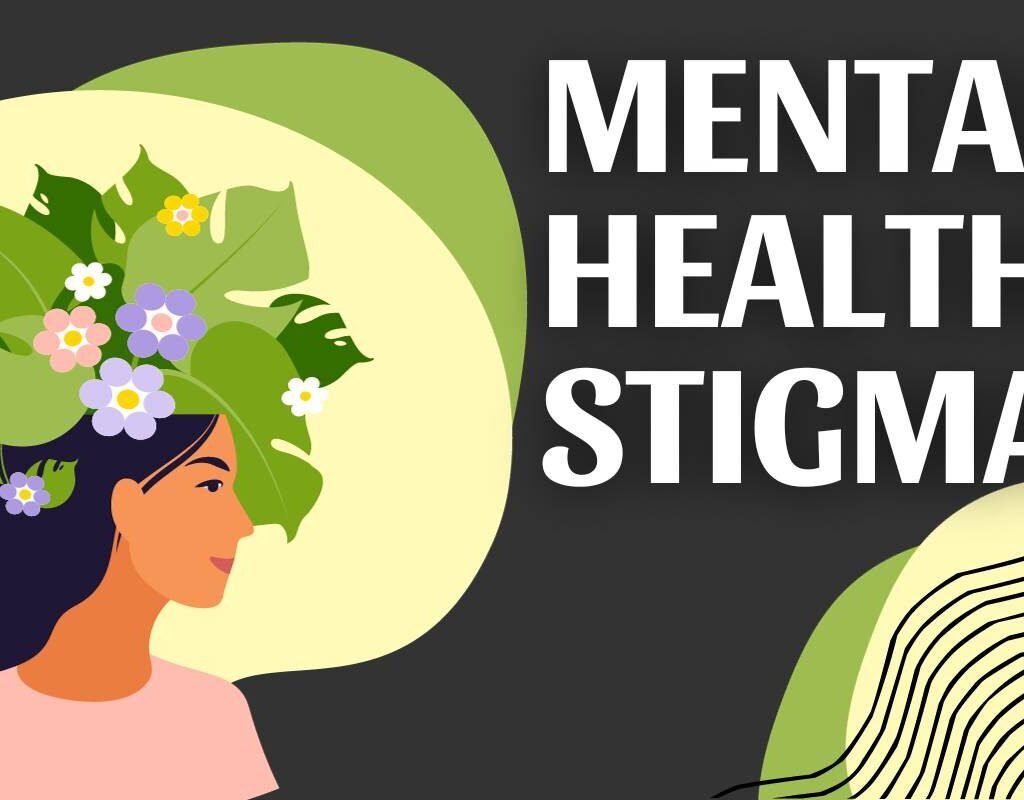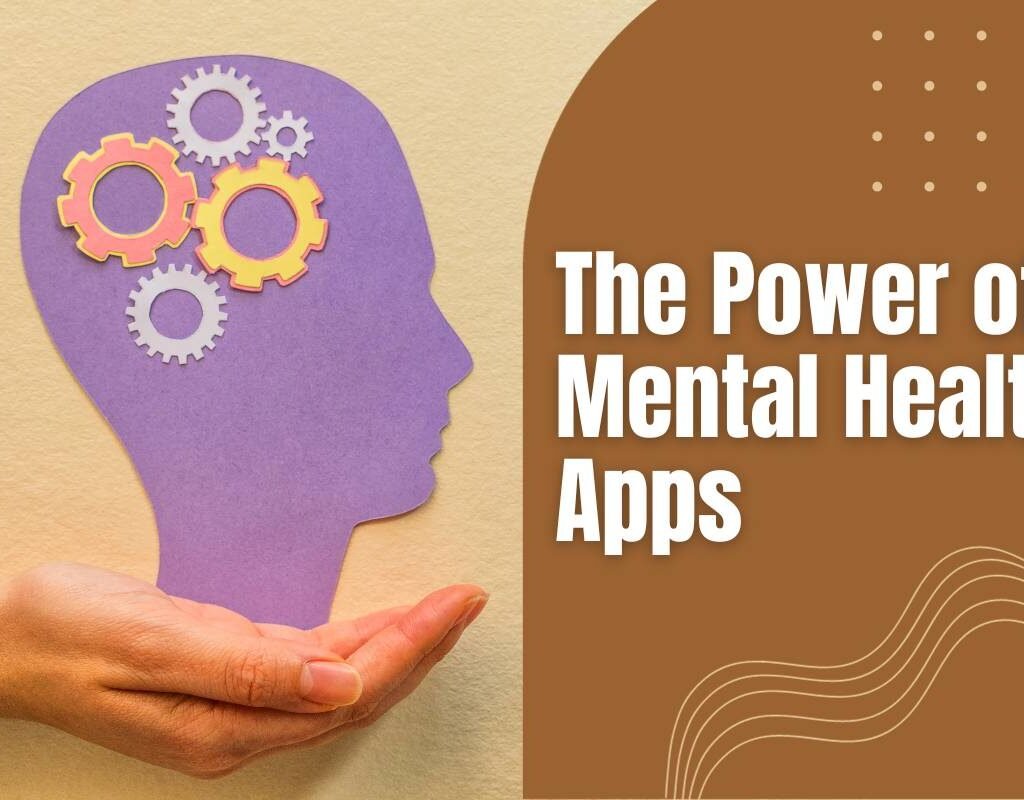Lately, there has been an increase in the number of mental health issues people struggle with. It has become a common issue among the youth of today’s world. Stress, anxiety, depression, and other mental health issues are affecting many people globally. It is important to seek professional therapy and counseling. During this time, many people are seeking help in online support groups for mental health problems.
This virtual community has offered support and developed a safe space for many people who are struggling and seeking advice. The stigma around mental health has decreased which has helped these virtual groups to emerge and provide the necessary support to individuals virtually as well. Let’s find out how effective these support groups can be for people.
In this article, we will explore a few online support groups and understand how they are helping people with their mental health issues.
The Rise of Online Support Groups for Mental Health
The internet has revolutionized the way people access mental health support. With just a few clicks, individuals can find online communities that cater to their specific mental health concerns. Whether someone is battling depression, anxiety, PTSD, or bipolar disorder, there are numerous groups available that offer peer-to-peer support.
One of the primary reasons behind the popularity of online support groups for mental health is accessibility. Many individuals hesitate to seek professional help due to financial constraints, geographical limitations, or fear of judgment. Online groups bridge this gap by providing a platform where people can openly discuss their feelings without facing societal stigma.
Benefits of Online Support Groups
1. Anonymity and Comfort
One of the biggest advantages of joining an online support group is anonymity. Many individuals feel more comfortable sharing their struggles without revealing their identities. This allows them to be open about their emotions without the fear of being judged.
2. 24/7 Availability

Unlike traditional support groups or therapy sessions, which may have limited meeting times, online communities are accessible 24/7. This ensures that individuals can seek support whenever they need it, regardless of their time zone or schedule.
3. Connection with Like-Minded Individuals
Online support groups bring together people who have similar experiences. This sense of belonging can be incredibly comforting, as members realize they are not alone in their struggles. Engaging with people who truly understand their emotions can provide immense emotional relief.
4. Cost-Effective Support
Therapy sessions and professional counseling can be expensive, and not everyone can afford them. Online support groups, however, are usually free or available at a minimal cost. This makes them an affordable option for those seeking mental health support.
5. A Non-Judgmental Space
Many individuals hesitate to share their mental health concerns with friends and family due to fear of judgment. Online support groups provide a safe, non-judgmental environment where individuals can express their feelings freely.
Challenges of Online Support Groups
While online support groups for mental health offer numerous benefits, they also come with certain challenges.
1. Misinformation and Unqualified Advice
Since online groups consist of peers rather than mental health professionals, there is always a risk of receiving incorrect or misleading advice. Members need to verify information before making any decisions about their mental health.
2. Lack of Professional Guidance
Although online communities provide emotional support, they should not be seen as a replacement for professional therapy. While peers can offer encouragement, they may not have the necessary expertise to help individuals with severe mental health conditions.
3. Privacy Concerns

Despite the anonymity provided by online groups, privacy can still be a concern. Personal information shared within a group may be at risk if the platform does not have proper security measures in place.
4. Negative Influence
Some online support groups may become echo chambers of negativity, where members constantly discuss their struggles without seeking solutions. This can lead to a cycle of despair rather than progress.
How to Choose the Right Online Support Group?
With so many online support groups available, it’s crucial to find one that best suits an individual’s needs. Here are some key factors to consider when selecting an online support group:
1. Credibility of the Platform
Look for well-established platforms that have a good reputation for providing safe and effective support. Websites like Reddit, Facebook Groups, and specialized mental health forums often have dedicated communities for various mental health conditions.
2. Moderation and Guidelines
A good support group should have moderators who ensure that discussions remain respectful, supportive, and free from harmful content. Groups with clear rules and guidelines help maintain a positive and safe environment.
3. Presence of Mental Health Professionals

Some online support groups are supervised by licensed therapists or counselors who can provide expert guidance. Joining such groups can be beneficial for those who require professional insights.
4. Member Engagement and Activity
An active and engaged community is more likely to provide meaningful support. Check if the group has regular discussions and active participation before joining.
5. Personal Comfort Level
It’s important to choose a group where one feels comfortable expressing their emotions. If a particular group doesn’t feel supportive, it’s okay to explore other options.
Conclusion
Online support groups for mental health have become a vital source for people who ate struggling and seeking companionship. These virtual groups have made a safe space for people to come forward and share their struggles and find encouragement by connecting with others facing similar challenges.
These online support groups can be very beneficial in terms of accessibility, anonymity, and affordability. However, they can be a substitute for professional mental health care. It’s important to select credible and supportive groups while considering privacy concerns and misinformation.
For people struggling with mental health issues, these support groups have become a sanctuary. They are helping people take positive towards healing themselves. These digital Communities have played a vital role in improving the mental well-being of many people.











